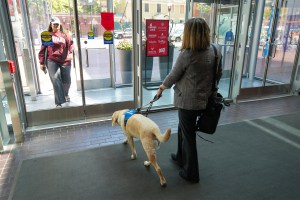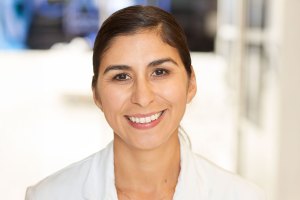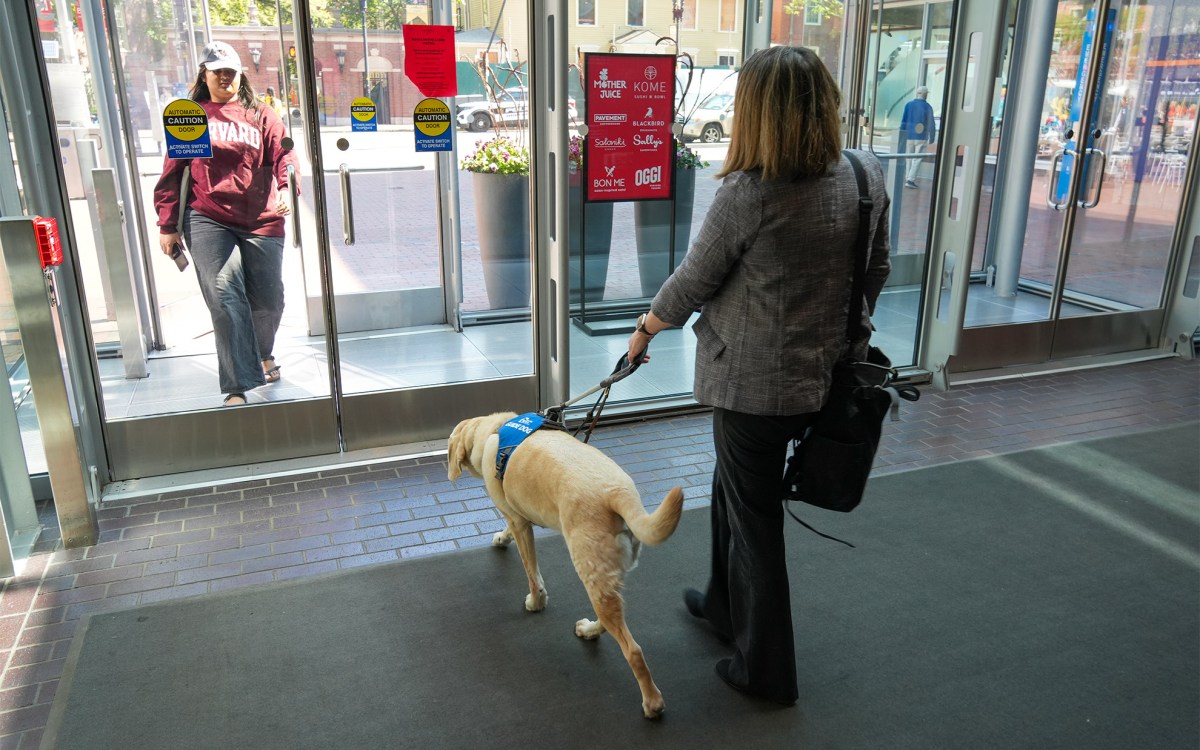Dean Tosteson dies at age 84
Medical School dean from 1977 to 1997
Daniel C. Tosteson, the Caroline Shields Walker Distinguished Professor of Cell Biology, who served an extraordinary two decades as dean of Harvard Medical School, from 1977 to 1997, died peacefully on May 27 after a long illness. He was 84 years old.
“He is a Harvard legend whose imprint on the university, and on medical education in particular, will be evident for many years to come,” said President Drew Faust.
“Daniel Tosteson was a towering figure in the modern history of Harvard Medical School,” said Jeffrey S. Flier, the Medical School’s current dean. “His vision and leadership brought major and enduring changes in HMS education, research, and the School’s relationship to the world. Since I assumed leadership of the School, I met with him many times, and despite his increasing disability, his passion for education, research and the Medical School never waned. He will be sorely missed.”
By all accounts, Tosteson was an exceptional leader. His greatest legacy is the New Pathway, a radical restructuring of medical education launched in 1985 that combined several innovations being tested separately at other medical schools.
Part of Tosteson’s rationale for the New Pathway was his belief that medical students would learn better if they were responsible for their own learning. In lieu of learning primarily through lectures and texts, Harvard medical students began studying cases that guide them toward acquiring the core knowledge of medicine through their own efforts. In small groups, they analyze each case, seeking the information they need. They thereby cultivate skills and attitudes to decode unfamiliar medical situations and scientific understanding to deal with fields in which progress keeps accelerating.
Harvard was not the first medical school to institute problem-based learning, but its program was comprehensive and has since been emulated by medical schools all over the United States, as well as abroad.
“Dan’s clear objective was to prepare students to be lifelong learners as our knowledge of biomedical science expanded,” said S. James Adelstein, the Paul C. Cabot distinguished professor of medical biophysics at HMS, who served as executive dean for academic programs during most of Tosteson’s tenure. “He felt it was important to work not only on the knowledge base, but also on the attitudinal base, establishing attitudes toward learning and toward patients.”
Besides revolutionizing teaching, Tosteson kept the content of the curriculum more than current by anticipating future scientific developments. He was one of the first to foresee the revolution in molecular biology, and he positioned Harvard to move forward accordingly.
In 1980, he established the Department of Genetics, one of the first in the nation, “and reorganized the departmental structure on the School’s Boston Quadrangle, strengthening existing departments and creating the new Department of Cell Biology and that of Biological Chemistry and Molecular Pharmacology,” saidPhilip Leder, the John Emory Andrus professor of genetics and former chair of the Genetics Department. In addition, while many others were debating the role of functional genomics, Tosteson implemented a plan to develop this nascent field, which investigates the function of genes in the living organism.
Tosteson also invested in graduate education. He expanded the size of the PhD program and established the Biological and Biomedical Sciences Program, which enables students to pursue doctoral work with faculty members in one of five basic science departments at HMS or in its 17 affiliated hospitals and research institutes.
In addition, he expanded HMS’s scope beyond clinical and basic science, creating theDepartment of Health Care Policy and that of Social Medicine (now called Global Health and Social Medicine).
To help attract new faculty, Tosteson renovated most of the Medical School’s existing buildings, which had remained untouched since their construction in 1906. He also had several new ones constructed, including the Warren Alpert Building for basic research.
To finance these initiatives, Tosteson boosted HMS’s endowment from $128 million to $1.1 billion. At a time when other academic institutions eschewed collaborations with industry, Tosteson pursued support from corporations with strong programs in biomedical research and development, even while he protected the intellectual independence and discoveries of Harvard’s faculty. At the same time, Tosteson oversaw development of the School’s first conflict-of-interest policy that has served as a national model.
Tosteson opened the Medical School to a range of innovative initiatives. With Count Giovanni Auletta Armenise of Italy, he established the Giovanni Armenise-Harvard Foundation to support multidisciplinary, basic research by leading scientists at HMS and Italian institutions.
Under Tosteson’s leadership, HMS also established a publishing venture, nowHarvard Health Publications, which helps faculty authors with the support and publishing expertise to produce and disseminate high-quality medical and health care information for a lay audience through books, newsletters, and electronic services.
“Dan Tosteson was a man of action,” said Marc Kirschner, chair of the Department of Systems Biology at HMS. “He was inspired by a vision through which he reinvented medical education, completely renovated the aging physical structure of the Medical School, created new departments and then hired the very best scientists to lead them. Despite his outward formality, I will remember Dan as a passionate and loving person who created a unique community at Harvard, largely through his selfless commitment and fueled by his tireless personal efforts.”
Throughout his administrative career, Tosteson maintained his position as a laboratory researcher at the forefront of membrane phenomena. This work has led to a better understanding of degenerative diseases including atherosclerosis and rheumatoid arthritis.
A Milwaukee native, Tosteson attended Harvard College and was a 1949 graduate of Harvard Medical School. He completed his medical residency at New York’s Presbyterian Hospital and held fellowships at Brookhaven National Laboratories, the National Institutes of Health, and Cambridge University in England. He served on the faculty at Duke University Medical School for 14 years, first as a professor and then as the chair of physiology and pharmacology. The two years prior to coming to HMS as dean, he was dean of the Division of Biological Science and vice president of the University of Chicago Medical Center.
Over his long career, Tosteson received numerous awards and honors, including the Abraham Flexner Award for Distinguished Service to Medical Education from the Association of American Medical Colleges, the Harvard Medal for extraordinary service to Harvard University, and honorary degrees from New York University, Johns Hopkins University, the Université Catholique de Louvain, Duke University, Emory University, and Ludwig Maximilians University. Last year, Tosteson received an honorary Doctor of Science degree from Harvard University in recognition of his outstanding achievements.
Tosteson was a member of several scientific and scholarly societies, including the Institute of Medicine, the Association of American Physicians, and the American Academy of Arts and Sciences, where he served as president from 1997 to 2000.
In addition to science, poetry was an important part of Tosteson’s life, and he kept a large portrait of Robert Frost in his office. “He believed strongly in the perfectibility of humans,” Adelstein said, “but science was only one tool; the humanistic side was equally important.”
Tosteson is survived by his wife, Magdalena Tosteson, a lecturer on biophysics in the HMS Department of Cell Biology, of Chestnut Hill, Mass.; sons Joshua of Brooklyn, N.Y.; and Tor of Lyme, N.H.; and daughters Heather of Chattanooga, Tenn.; Ingrid of Chestnut Hill; and Zoe Tosteson Losada of Caracas, Venezuela.
A memorial service will be held to honor the life of Tosteson at the Memorial Church, Harvard Yard, Cambridge on Sept. 30 at 3 p.m. Please join us as we recognize his many contributions to HMS and to the advancement of medical education and science.




